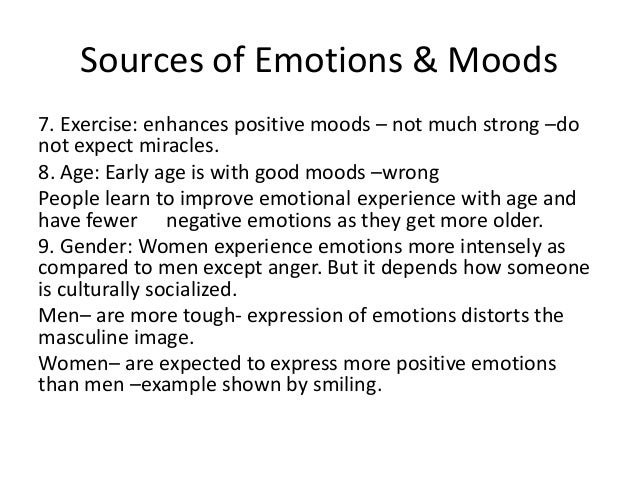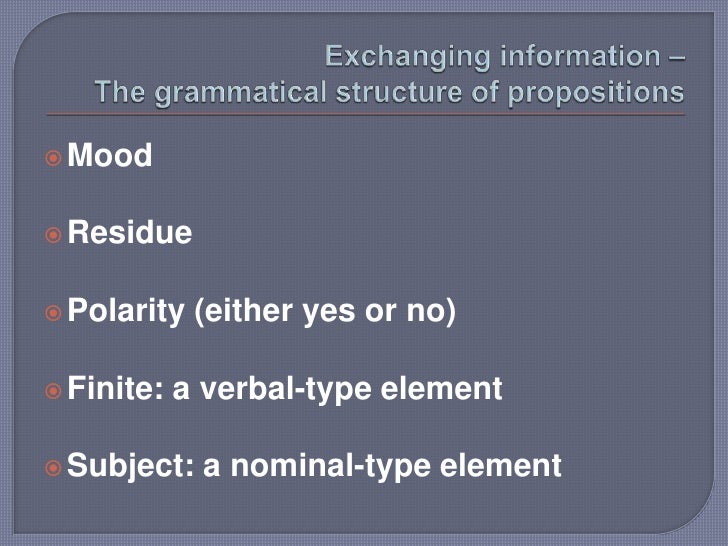

“We find that psychological well-being is not entirely determined by the presence of one type or kind of an emotion,” writes Gerber, “but rather an ability to experience a rich diversity of both positive and negative emotions.” From Emotional Data to Values-Aligned Actionĭavid urges us to realize that emotions are data that “contain flashing lights to things that we care about”-when we get clear on precisely what we are feeling and can respond by taking steps that are value-aligned. Across a study of ten years, frequent experiences of mixed emotions were strongly associated with relatively good physical health and that increases in them weakened age-related health declines. Research has shown the ability to hold mixed emotions together at once precedes improvements in well-being, even if it’s unpleasant or difficult.

Mindfulness training has been helpful in overcoming anxiety disorders, not because it eradicated negative feelings but it trained participants to accept them. They help us to evaluate our experience and detect when an area of life feels off and needs our attention.Įxperiencing and accepting emotions like anger and sadness are important to our mental health. Being willing to experience them can build emotional resilience. Negative emotions can facilitate us to go deeper into self-understanding and empathy. Feelings like sadness can increase focus and help us to learn from mistakes and assess social situations better. Negative emotions can foster detailed and analytical thinking and less stereotypical thoughts. So-called negative emotions have an inherent value. “One idea in the study of emotion and its impact on psychological health is overdue for retirement: that negative emotions (like sadness or fear) are inherently bad or maladaptive for our psychological well-being, and positive emotions (like happiness or joy) are inherently good or adaptive,” writes June Gruber. Neither of these definitions imply the effect of having the emotion is entirely positive or negative within us, just that we judge experiencing it as so.Īpparently, a 3:1 positive/negative emotional experience ratio is necessary for a sense of flourishing, but the balance plays a part. Whereas negative emotions are simply those we don’t find pleasurable to experience-such as fear, anger, disgust, sadness, rage, loneliness and annoyance. Positive emotions are simply those we tend to “find pleasurable to experience”-such as joy, satisfaction, love, serenity, interest or amusement.

“We need greater levels of emotional agility for true resilience and thriving.“ And rigidity in the face of complexity is toxic,” says David.

“The conventional view of emotions as good or bad, positive or negative, is rigid. The Benefits of Feeling What You Don’t Want to Feel Ultimately, suppressing or “fixing” negative emotions often ends up in cycling through the same reoccurring trigger areas of challenge for years. Or, by denying the negative thoughts and rationalizing them away, even pushing themselves into situations that aren’t aligned with their values. Indeed, research indicates that fighting against thoughts on addiction only magnifies them, restraining thoughts can create more stress and suppressing negative emotions spawns more emotional eating than admitting the emotions are there.ĭavid and Congleton have found that executives and leaders can get “hooked by” negative emotions- buying into them, avoiding situations that evoke those feelings and limiting themselves. “Research on emotional suppression shows that when emotions are pushed aside or ignored, they get stronger,” says David. You Can’t Negate Negative Emotionsĭavid, Harvard Medical School psychologist and author of the award-winning book, Emotional Agility, shares in her TED Talk that a third of us either judge ourselves for having “bad emotions” like sadness or anger or grief, or try to push these feelings down. Susan David and Christina Congleton in Harvard Business Review.
#EXAMPLES OF NEGATIVE MOODS HOW TO#
They know how to free up their internal resources and commit to actions that align with their values,” writes Dr. “Effective leaders are mindful of their inner experiences but not caught in them. When we ignore, invalidate or suppress our negative emotions because we don’t want to feel them, or feel they are unacceptable, they do not go away.


 0 kommentar(er)
0 kommentar(er)
